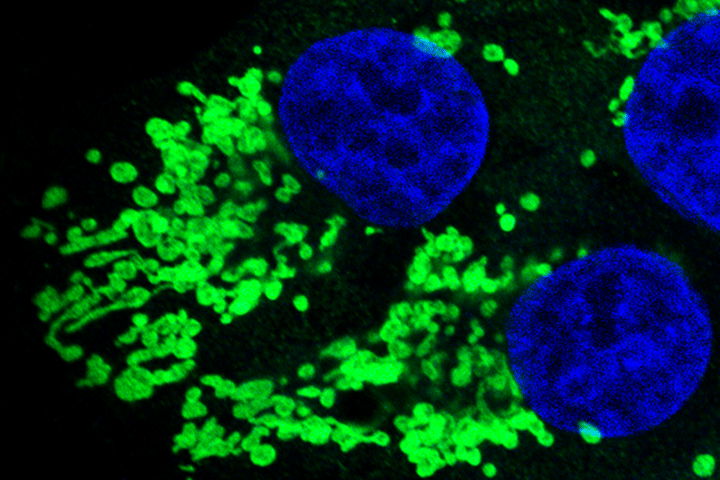Testing a PARP Inhibitor for Metastatic Pancreatic Cancer Patients with DNA Repair Mutations

Could a drug currently used to treat certain types of ovarian, fallopian tube, and peritoneal cancer be effective in pancreatic cancer patients with certain mutations?
In cells that are rapidly growing, such as cancer cells, blocking repair of DNA may be of benefit, since it will cause the cell to die. Researchers are conducting a phase II trial to test the safety and effectiveness of the PARP inhibitor niraparib for pancreatic cancer treatment.
Stopping DNA Repair
PARP, or poly (ADP-ribose) polymerase, is an enzyme that helps repair DNA breaks. PARP inhibitors stop PARP from doing its repair work, leading to multiple double-strand DNA breaks, which can be toxic and lethal for cells that have defective DNA repair mechanisms. Therefore, PARP inhibitors are used as treatments for several types of cancer, in patients with certain mutations in DNA repair genes, including BRCA1, BRCA2, PALB2, CHEK2, or ATM.
Participating in this Trial
To qualify for this trial, patients must have advanced pancreatic cancer, one of the qualifying genetic mutations, and have undergone prior treatment. At least a week before treatment start patients will receive a palliative radiation therapy.
Researchers are looking at whether the drug stops the progression of the cancer, and the length of survival over two years.
We encourage you to consult your physicians for clinical trials that may be right for you. The website ClinicalTrials.gov provides more details about this trial as well as many others. You can visit the Let’s Win Trial Finder for a list of all active pancreatic cancer clinical trials.






